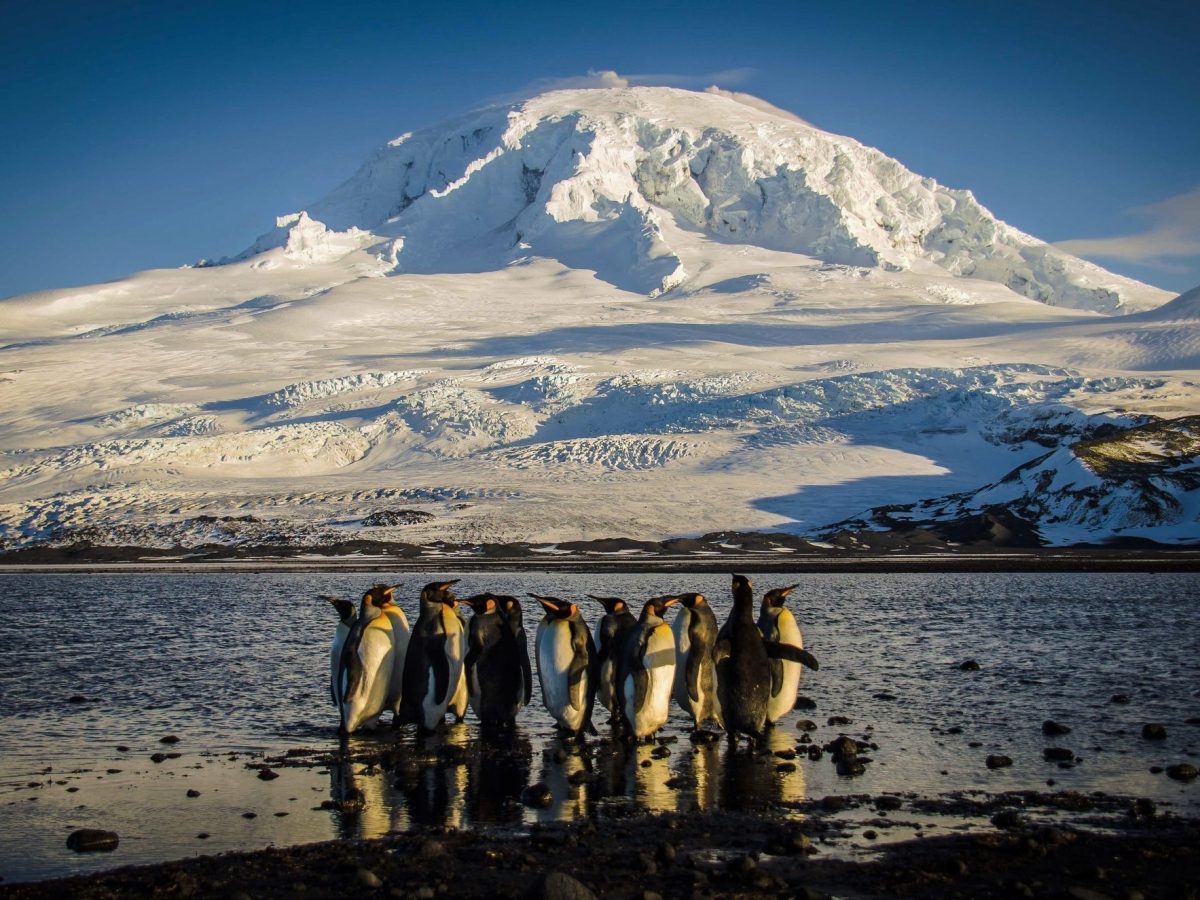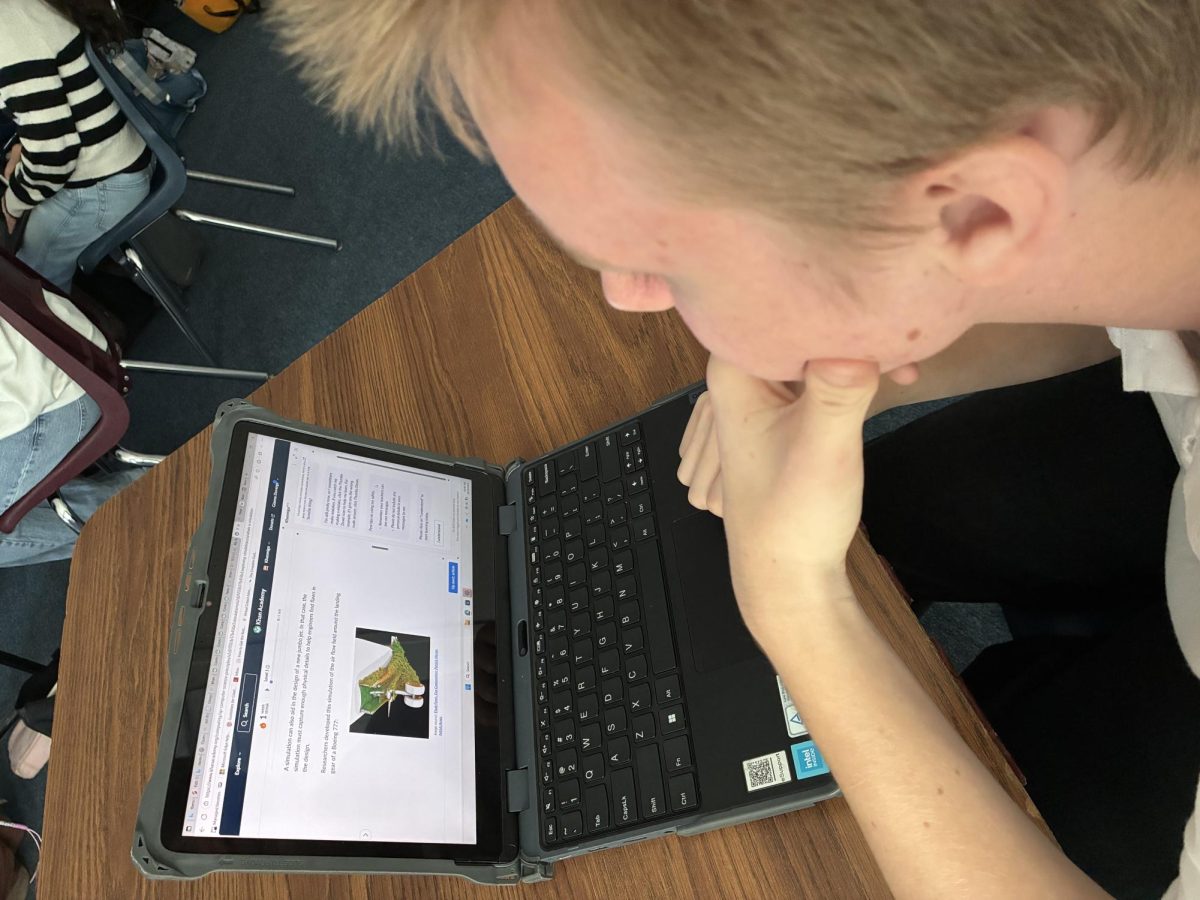What do penguins and tariffs have to do with each other? Well, on April 2, 2025, the Trump administration imposed a series of global tariffs affecting numerous nations and territories. Two of these areas were the Heard and McDonald Islands, remote Australian territories in the Indian Ocean that are only home to seals, seabirds, and penguins that have having no notable trade with the U.S.
According to U.S. officials, the tariffs were designed to apply universally, avoiding loopholes that might allow goods to be rerouted through third-party territories. Commerce Secretary Howard Lutnick stated that the goal was to ensure consistency and prevent circumvention of trade measures, noting that “no countries are left off” the list. The tariff scales rates based on a country’s trade deficit with the U.S. relative to its total exports. Critics have argued that they are disproportionately impacting poorer nations and causing confusion among global trade partners. For instance, countries like Madagascar, Lesotho, and Cambodia faced tariffs as high as 50%, primarily due to their limited capacity to import U.S. goods. U.S. allies in the European Union have also seen increases, prompting concerns about the global economic fallout and the broader geopolitical impact of the policy.
As for the Heard and McDonald Islands, some reports suggest that their inclusion may be due to outdated or misclassified shipping records rather than any meaningful trade activity. The islands are designated as a UNESCO World Heritage site, recognized for their pristine ecosystems and scientific value. They are home to one of the world’s largest macaroni penguin colonies and serve as key research sites for studying climate change and tectonic activity. Australian officials labeled it a mistake; Australian Prime Minister Anthony Albanese was among the critics. “Nowhere on Earth is safe,” he said. In a post on X, he continued: “These tariffs are not unexpected, but they are unwarranted. Many other countries will be hit harder by today’s decision than Australia, and no nation is better prepared than Australia.”
While the economic impact on the islands themselves is likely negligible, their appearance on the tariff list highlights the Trump administration’s concentration on increasing domestic products. Tariffs are the key tactic in broad trade policies, but in an increasingly interconnected world, major changes to these policies have a tendency to ripple outwards. If and how the tariffs will impact the islands’ future trade with the US remains in question.













